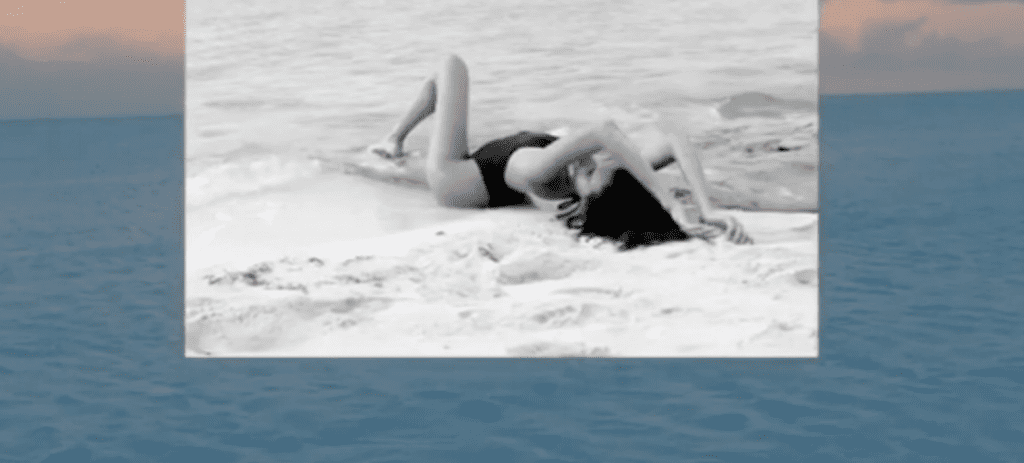The organizers of Fyre Festival have been hit with two more class action lawsuits in connection with the failed music fest. On the heels of festival-goer Daniel Jung’s lawsuit, which was filed last week in California federal court, Chelsea Chinery, Shannon McAuliffe and Desiree Flores filed a breach of contract, negligent misrepresentation and fraud suit in Los Angeles County Superior Court against Ja Rule and Billy McFarlane. And another suit filed by Matthew Herlihy and Anthony Lauriello.
Not wildly different from the suit that Jung filed, the suits filed by Chelsea Chinery, Shannon McAuliffe and Desiree Flores, and Matthew Herlihy and Anthony Lauriello both make negligence and fraud claims. Chinery, McAuliffe and Flores’s lawsuit is noteworthy, particularly because it speaks directly to the social media posts used to promote the festival, including those posted by Kendall Jenner, Bella Hadid, Hailey Baldwin, and Emily Ratajkowski, among other heavily-followed models and influencers.
While the lawsuit does not name the influencers as defendants, it certainly does place blame. As the plaitniffs’ attorney John Girardi told the Hollywood Reporter, the “social media ‘influencers’ made no attempt to disclose to consumers that they were being compensated for promoting the Fyre Festival.”
As we told you in the months leading up to the festival, the models’ social media promotion of the event, including disclosure-less Instagram posts that read, “So excited to announce the first ever #fyrefestival @fyrefestival fyrefestival.com,” likely runs afoul of the Federal Trade Commission (“FTC”)’s disclosure guidelines.
According to the FTC, if an individual is compensated in any way to promote/endorse a brand or product (compensation includes anything from a paycheck to free gifts, trips, lodging, etc.) or promote/endorse a brand with which he/she has a relationship, that needs to be disclosed “clearly and conspicuously” in connection with each instance.
The FTC – an independent government agency tasked with promoting consumer protection, and eliminating and preventing anticompetitive business practices – has explicitly stated that its guidelines apply no matter the medium. So, if such promotional/endorsement efforts occur on social media, they need to be disclosed; common disclosure language comes in the form of hashtags, such as “#ad” or “#sponsored.”
Since none of the models’ Instagram posts – all of which result from a free trip provided for the models at issue courtesy of Fyre Fest, as well as handsome paychecks – include disclosures indicating this, they are likely in violation of the FTC’s guidelines.
Jung’s suit also makes mention of the role of influencers in drawing festival-goers to the weekend-long festival, which has been described as “closer to ‘The Hunger Games’ or ‘Lord of the Flies’ than Coachella.” According to his suit, the models paid to promote the festival – “including Kendall Jenner, Bella Hadid, and Emily Ratajkowski” – were hired “to use social media to generate ticket sales.” (Jenner reportedly netted $250,000 for her promotional efforts).
According to a statement provided to TFL from Jung’s counsel Ben Meiselas of Geragos & Geragos, APC: “Fyre Festival and it’s promoters recklessly stranded thousands of consumers in a festival of horror, and cost them thousands of dollars on travel, lodging and time off from work. Through this Federal Class Action will make sure to hold Fyre — and all those who recklessly and blindly promoted the festival — accountable to make sure all consumers receive not only a ticket refund but also 100 percent reimbursement for travel, lodging, time off from work, and any other incidental and consequential damages.”
From the sounds of things, the influencers might end up on the hook here in both lawsuits, and even if they are not implicated, they arguably do not come out scot-free by any means. Such increased attention on them and their often illegal advertising activities, not just by way of these lawsuits but also by the FTC (as indicated by its recent push to crack down on undisclosed advertising), certainly stands to make an impact.
With such bad press and litigation in mind, not only are brands going to be forced to take a long hard look at how they are employing influencers, but the influencers themselves need to ensure that they are, in fact, abiding by the FTC’s guides in order to avoid legal ramifications. Both influencers and digital media advertisers have been given a free pass for quite some time in terms advertising disclosures but it seems that this might not be the case for much longer.











